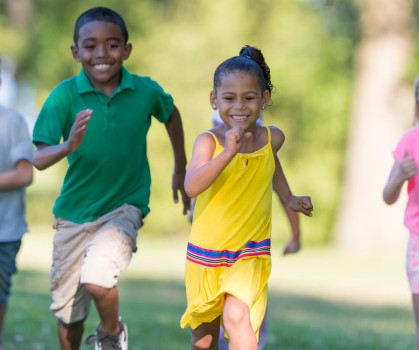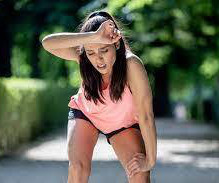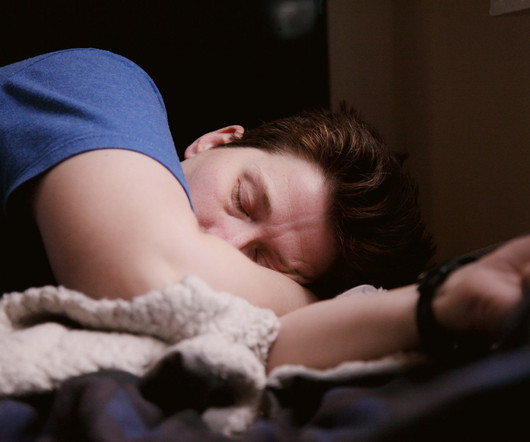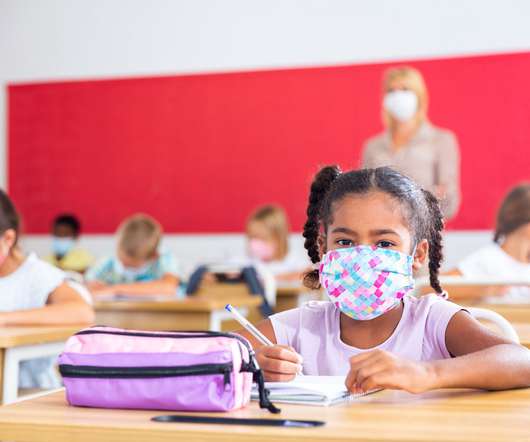Add Movement to the School Day to Boost Student Physical Activity and Learning
SHAPE America
OCTOBER 10, 2023
If we pause to take a panoramic view of our current landscape, we are reminded that our country has an obesity epidemic, rise in hypokinetic diseases, as well as mental health concerns. As the American College of Sports Medicine puts it, Exercise is Medicine. We need classrooms to be more active and engaging like the gym!











Let's personalize your content